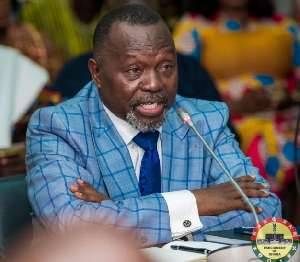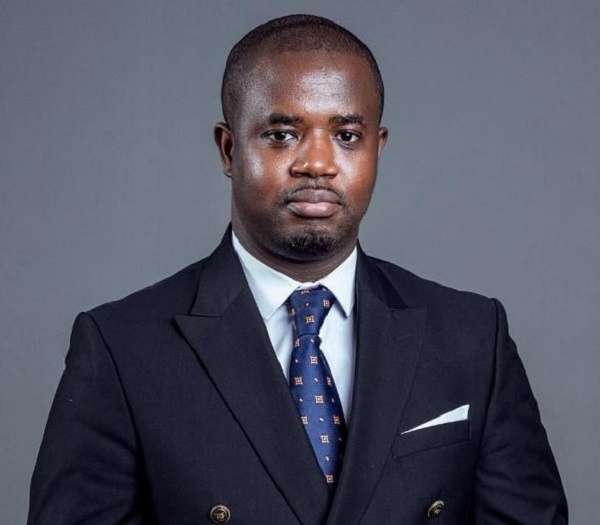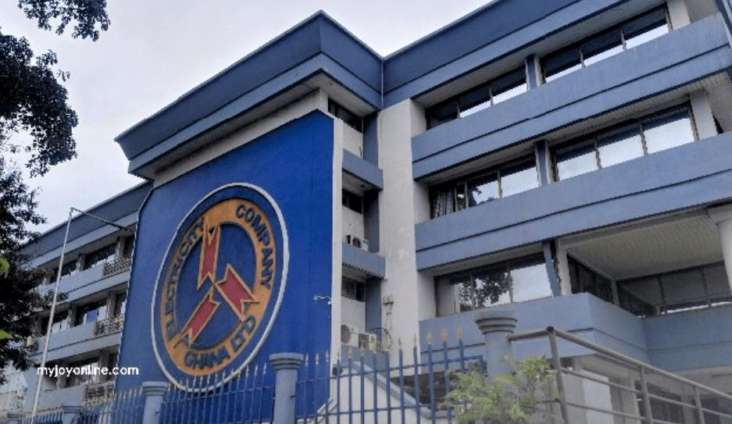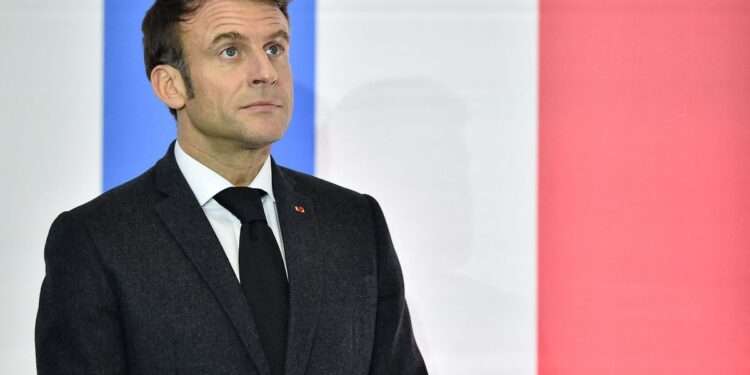A staunch NPP loyalist, Patrick Kwarteng Sarpong, has waded into the ongoing Electricity Company of Ghana (ECG) controversy, alleging that legal services provided by two prominent lawyers, the current Attorney General, Dr. Dominic Ayine, and Edudzi Tamakloe, played a significant role in the company’s procurement missteps.
According to Sarpong, for the entirety of former President Akufo-Addo’s tenure, ECG employed the services of these legal professionals, who allegedly sanctioned questionable procurement deals.
“These two lawyers justified the numerous procurements by ECG without approvals from the Public Procurement Authority (PPA).”
Patrick Kwarteng Sarpong
He further asserted that Ayine and Tamakloe were handsomely compensated for their work, alleging that they received substantial payments from ECG over the years.
The controversy surrounding ECG’s financial and logistical troubles has been in the news, with issues ranging from procurement irregularities to missing containers.
Sarpong believes that if ECG is currently embroiled in a scandal, “it is just fair that those who were their legal representatives ought to take the lion’s share of the blame.”
Specifically, he pointed to the infamous missing containers, which were stationed at the Tema Port for an extended period due to contractual disputes.
“These containers which were stationed at the Tema Port for months, if not years because of contractual issues must be blamed on Ayine and Edudzi.”
Patrick Kwarteng Sarpong

Sarpong’s remarks come at a time when the ruling National Democratic Congress (NDC) has been actively pushing for transparency and accountability regarding the ongoing Electricity Company of Ghana (ECG) crisis.
The party has consistently called for answers on the missing ECG containers and the broader financial mismanagement affecting the power sector.
However, Sarpong’s allegations introduce a counter-narrative, suggesting that key NDC figures may have played a direct role in ECG’s legal and contractual dealings, making them partially responsible for the current challenges.
By shifting some of the blame onto individuals within the ruling party, he raised questions about whether those now demanding accountability were themselves complicit in the issues that have plagued ECG.
His comments add another dimension to the ongoing debate, potentially turning what has largely been a call for government accountability into a broader discussion about the role of past and present leadership in ECG’s struggles.
Calls for Transparency and Accountability
Furthermore, Patrick Sarpong emphasized the growing urgency for both the government and the management of the ECG to take decisive action in resolving the company’s deepening financial and operational challenges.

With mounting pressure from various stakeholders—including industry experts, political figures, and the general public—there is an increasing demand for transparency and accountability in how ECG’s affairs are managed.
“Sunshine must be brought to all the issues, angles, and people who played pivotal roles in the mess that ECG found itself in.”
Patrick Kwarteng Sarpong
He emphasized that public scrutiny should extend beyond just the current management of ECG to include all those who influenced its decision-making processes over the years.
His accusations come amid a broader national conversation on corruption and inefficiency in state institutions, particularly in the energy sector.
The missing ECG containers saga, in particular, has sparked widespread public outrage, with many demanding answers regarding their whereabouts and the financial losses involved.
The legal representation of state institutions has long been a contentious issue in Ghana, with concerns about conflicts of interest and the potential for politically motivated legal maneuvers.
The ECG debacle is just the latest in a series of cases where legal counsel for state agencies has been called into question.
The involvement of Dr. Dominic Ayine, now the Attorney General, and Edudzi Tamakloe, the current CEO of the National Petroleum Authority (NPA), adds another layer of complexity to the issue.

Their past roles in ECG’s legal affairs between 2017 and 2024 are now being scrutinized as part of ongoing efforts to understand the company’s financial mismanagement.
While Sarpong’s allegations are yet to be substantiated with concrete evidence, they have ignited fresh debates on accountability in the legal and procurement processes of state institutions.
Whether or not his claims hold weight, the spotlight on ECG’s troubled history is unlikely to fade anytime soon.
As the nation grapples with ECG’s financial woes, the role of legal advisors in state institutions remains a crucial topic.
Whether Dr. Ayine and Tamakloe bear significant responsibility for the crisis, as Sarpong claims, or if the blame lies elsewhere, one thing is clear—greater transparency and accountability are needed to prevent similar controversies in the future.


















